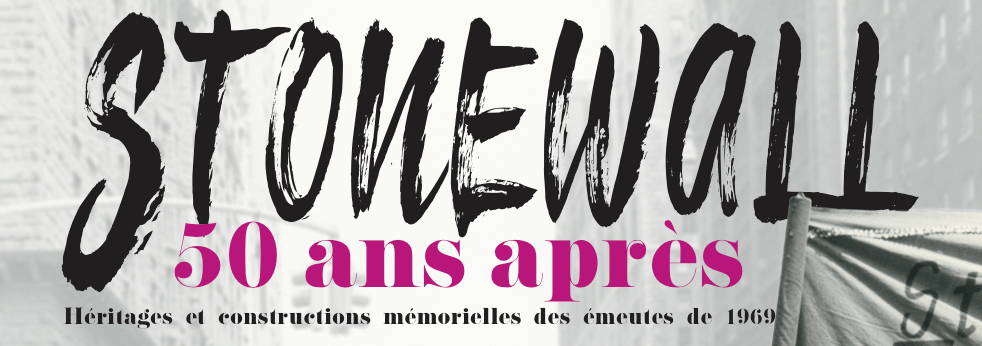This ethnographic research tracks how grassroots activist organizations around the United States deploy trans/queer politics in building a movement to reclaim Pride, where activists demand Pride returns to its political roots and divests from oppressive institutions— namely, police and corporations. Pride marches, stemming from Christopher Street Liberation Day, were once politically charged with radical ideas but have shifted to accommodate hetero-/homo-normative society over the years. Corporate sponsorships have a commercializing effect, turning marches into parades; police are welcomed—oftentimes invited—to participate in Pride parades despite continued systemic violence on racialized members of the community. Thus, the political critiques once associated with organized Pride marches are rendered invisible by an aesthetic of festivity. In contrast to a “LGBT” politics represented at mainstream Pride festivals, trans/queer politics seek to confront the assimilationist, and at times stable, notions of LGBTQ+ identity using an intersectional framework. These activists see Pride as a symbol around which to mobilize. Through participant observations, interviews, and organizational materials, I first analyze the various strategies expressed by these activists and, second, understand how their construction of politics is constituted by particular collective memories of the Stonewall Uprising. This research centers the work of three activist organizations whose overlapping interest involves the deinstitutionalization of Pride, but they also individually attend to community needs by developing culture and programs in their respective cities. Various differences in identity, social position, and material reality shape discernible patterns for analytic comparison. I take an explicitly queer approach to this research by participating in building the movement to reclaim Pride, producing knowledge through practice. It is by assuming a more active yet reflexive role in this process that I am best positioned to document these efforts, particularly in forming the 2019 Queer Liberation March, which is planned to clash with World Pride during Stonewall 50 in New York City. I attend organizational meetings and events, participate in community outreach, share meals, go dancing, and join in direct actions with these activists to make sense of how they “do” their politics. How might the deinstitutionalization of Pride, together with its (re)politicization, drive LGBTQ+ social movements? By tracing the history of Pride marches—how they have changed over the years and the work that activists in various cities have done to transform them—it is possible to imagine what an intersectional march would look like.
Speaker
Robert Baez is a PhD Candidate in the Department of Sociology and Criminology & Law at the University of Florida, where he researches and teaches in the areas of sexualities and social movements. He is currently preparing for publications with K.L Broad and E. Ece that analyze Baez the discursive practice of protest meaning by taking a queer approach to original archival work from the Equality March for Unity and Pride.

 PDF version
PDF version
